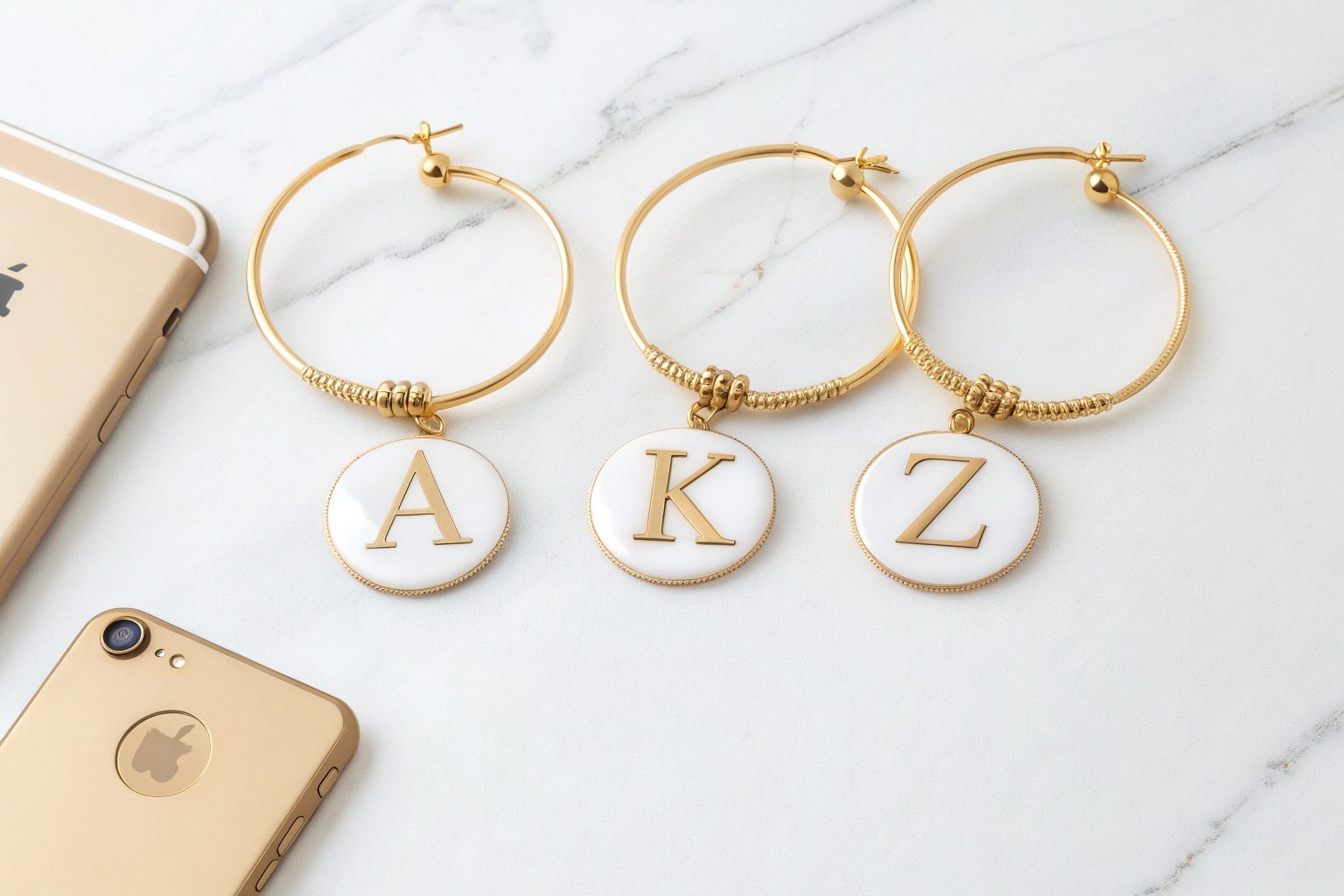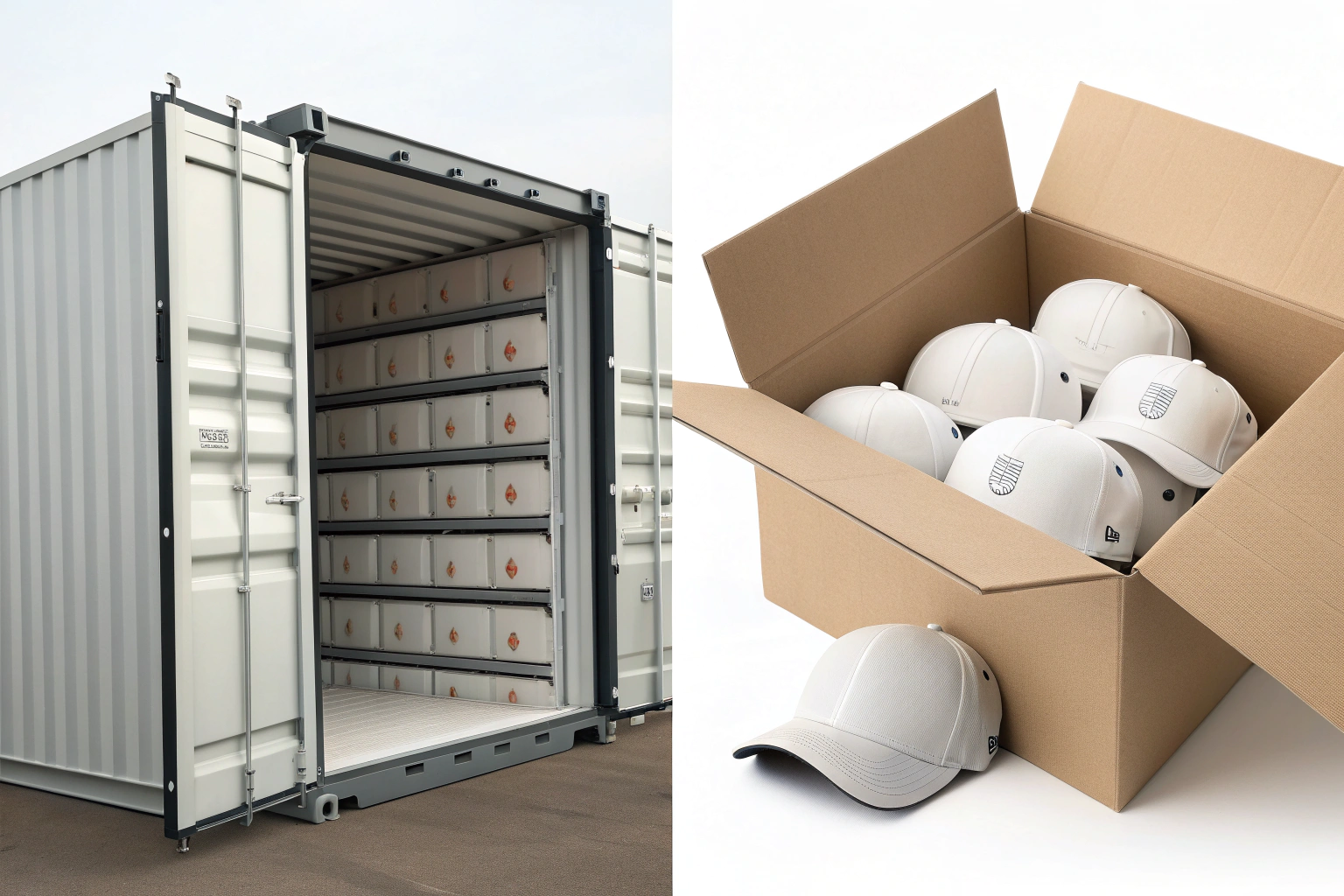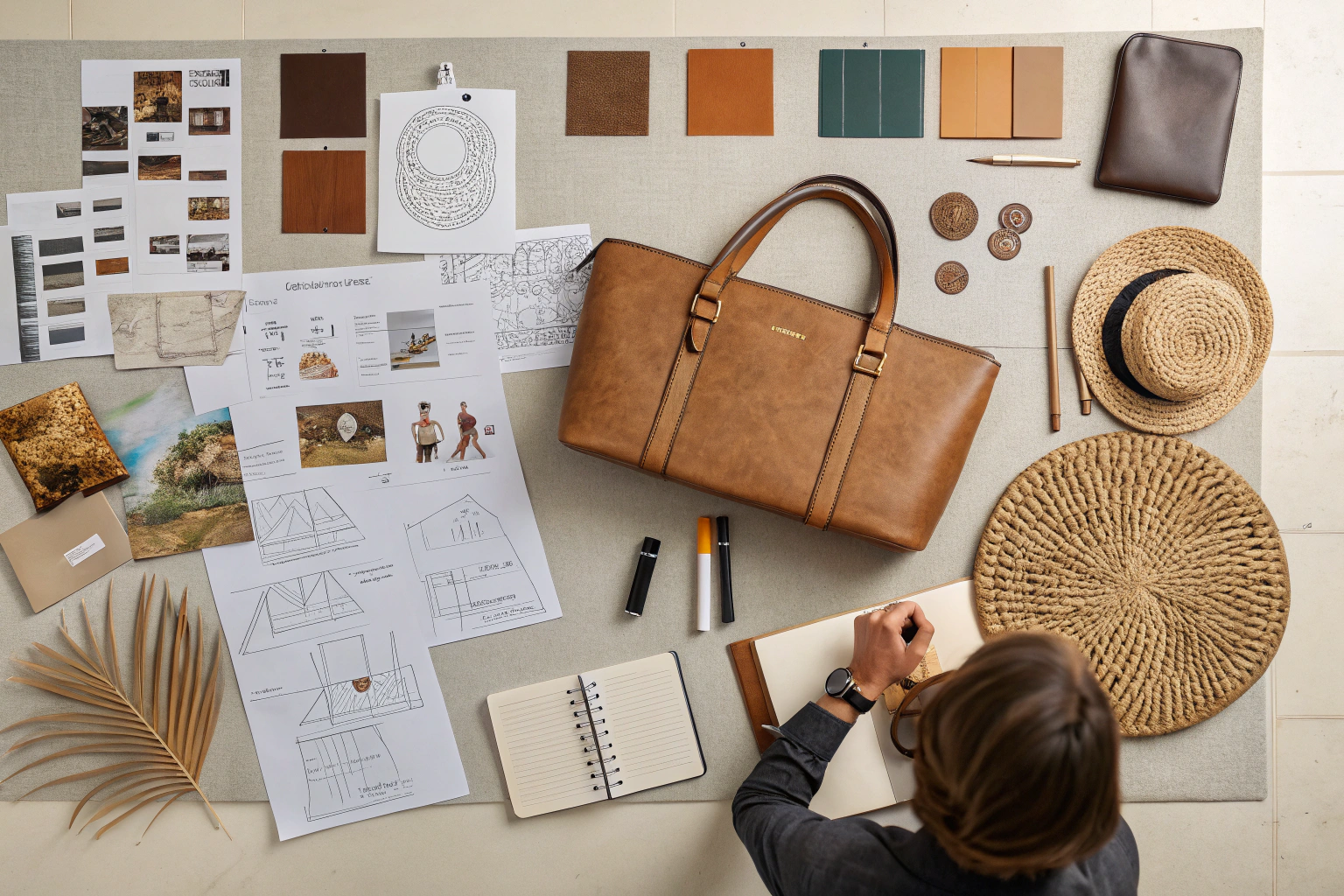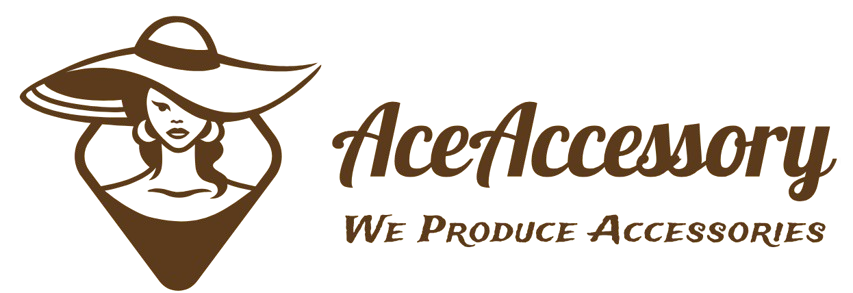Shipping accessories containing glass or mirrors isn't as straightforward as shipping fabric or plastic goods. Whether you're dealing with compact mirrors, hairbrushes with embedded glass, or decorative accessories for fashion use, understanding how to ship these fragile items globally without customs issues, damages, or compliance delays is crucial—especially when your clients are major retailers across the US and Europe.
If your accessory shipment includes any component made of glass or mirror, you must adhere to packaging, labeling, and declaration rules that vary by country, product type, and mode of transport. Failing to comply could lead to breakage, customs rejection, or even legal liabilities.
What Packaging Rules Apply to Fragile Accessories?
Proper packaging is the first defense against damage during international transit. For accessories made with mirrors or glass, regulations demand specific protective materials and markings.
Accessories with glass or mirror parts must be double-boxed, foam-padded, and labeled as fragile under most international shipping guidelines.

Why Is Double Boxing Required for Mirror-Based Items?
Double boxing is not just a recommended method—it's often a requirement by carriers like FedEx, UPS, and many freight forwarders. This involves placing the accessory in an inner box with at least two inches of cushioning on all sides, then placing that into a second, larger outer box.
According to the FedEx International Shipping Guide, fragile items like mirrors should be packed with "at least two inches of cushioning" between boxes to absorb impact. Similarly, the UPS Package Preparation Guidelines explicitly list mirrors as requiring layered packaging.
What “Fragile” Labels Are Legally Necessary?
The outer packaging must clearly include "Fragile" and “Glass Inside” labels. Additionally, you must include orientation arrows if the mirror has a defined upright position. Under IATA packaging rules, incorrectly labeled glass shipments can be rejected for air freight.
Do Mirrors or Glass Make Accessories a Hazardous Item?
Many first-time exporters ask if glass or mirrors classify their shipment as dangerous goods. The answer is—it depends on the type, amount, and intended use.
In most cases, fashion accessories with non-liquid mirror or glass parts are not considered dangerous goods. However, special declarations may be needed for air freight.

When Are Glass Accessories Considered Hazardous?
If the mirror or glass is part of pressurized, liquid-filled, or heated accessories—such as lighted compact mirrors or items with internal batteries—they may fall under Class 9 miscellaneous dangerous goods under ICAO regulations or IATA standards.
For example, a mirror accessory containing lithium batteries for illumination will require MSDS (Material Safety Data Sheets) and possibly UN38.3 certification, according to the IATA Lithium Battery Guidelines.
Is a Declaration Required for Simple Glass Accessories?
While non-powered mirrors are generally exempt from hazardous goods classification, they still require accurate HS codes and product declarations on commercial invoices. For instance:
- HS Code for handheld glass mirror: 7009.92
- HS Code for decorative framed mirror accessory: 7009.91
Failing to declare these properly can cause shipments to be held or returned. We always recommend working with a freight forwarder experienced with breakable goods, like Freightos or Flexport, to ensure smooth customs clearance.## How Should You Prepare Shipping Documents for Mirror Accessories?
Document accuracy is just as important as physical packaging. Even if your mirrors are well packed, mistakes on invoices or missing codes can halt the shipment.
To legally export accessories with mirrors or glass, you must include clear HS codes, descriptions, and—when needed—material declarations or safety reports.

What Must Be Listed on the Commercial Invoice?
Each accessory must be itemized on the invoice with:
- Correct HS Code (e.g., 7009.92 or 3926.90 for mixed material items)
- Detailed description (e.g., “Hairbrush with acrylic handle and embedded glass mirror”)
- Declared value
- Country of origin (e.g., “Made in China”)
U.S. Customs follows CBP Entry Requirements, and mistakes can cause FBA or DDP delays.
Do You Need Material Safety Declarations or Reports?
If the accessory includes non-standard materials (like resin-coated mirrors or painted glass), some destinations—like Canada or the EU—may request REACH or CPSIA compliance. The European REACH regulations require glass coatings to be non-toxic, especially if sold to minors.
Which Shipping Methods Are Safest for Glass-Based Accessories?
Choosing the right transport method can reduce damage and cost. While air freight is faster, ocean shipping provides more stability for well-padded cartons.
For accessories with glass or mirrors, the safest method is palletized ocean freight with shock-resistant inner packaging, or express air freight with specialized fragile handling services.

Is Air Freight a Safe Option for Fragile Accessories?
Air freight carriers offer specialized fragile cargo handling, but items face higher risk due to turbulence, stacking pressure, and mechanical loading.
Companies like DHL Express recommend using impact sensors and clearly marked boxes. If you ship through Alibaba logistics, use premium logistics services that offer fragile insurance coverage.
What About Sea Freight with Palletization?
Ocean freight is more stable over long distances and better for bulk shipments. Palletizing cartons helps reduce internal compression and makes handling safer.
Conclusion
Shipping accessories with mirrors or glass is completely doable—as long as you’re prepared. The rules are clear but strict: protect the items, declare them accurately, and use the right transport partners. As a long-time accessories exporter, we’ve helped countless brands in the U.S. and Europe avoid breakage, customs blocks, and costly returns.
If you’re sourcing mirror or glass-based accessories and want a factory that understands packaging, paperwork, and tariffs—we’re here to help. Contact our Business Director Elaine via email: elaine@fumaoclothing.com and let’s discuss your next shipment today.










